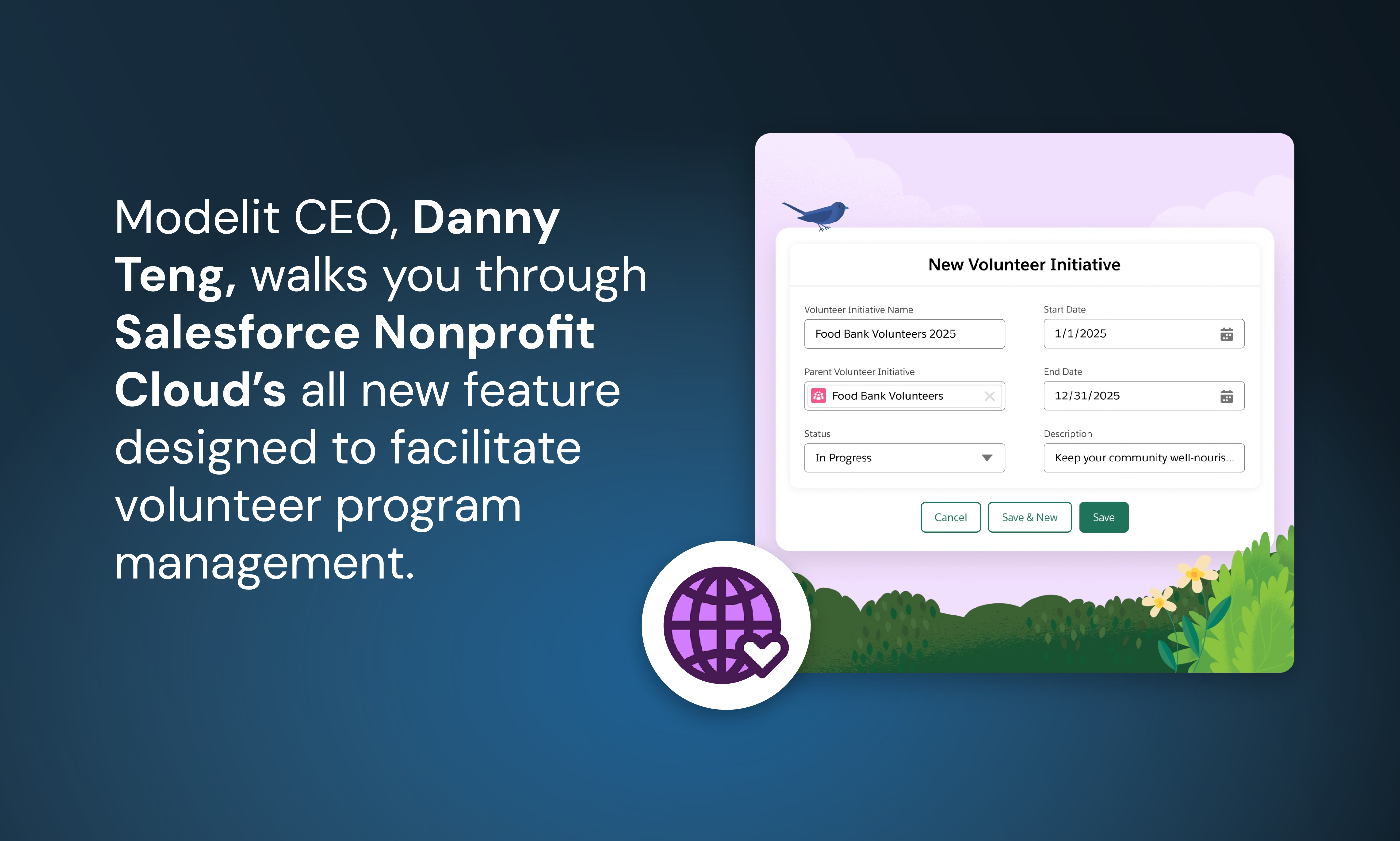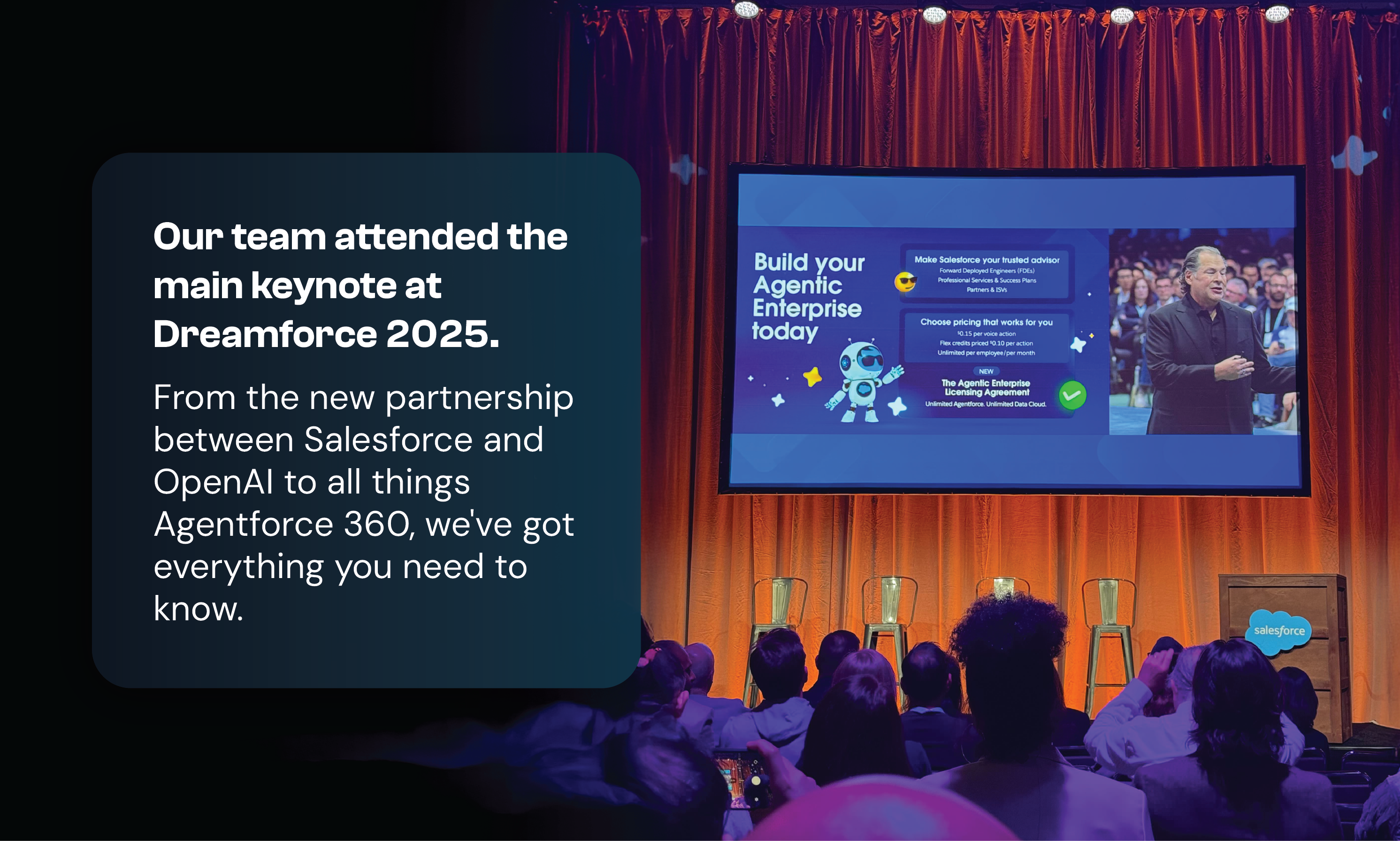To kickstart your career as a Salesforce Solution Architect, it’s good to follow these steps:
1. Gather foundational knowledge
Begin by familiarizing yourself with Salesforce products, features, and best practices. Explore Salesforce Trailhead, or enroll in online courses from providers like Udemy, Pluralsight, or LinkedIn Learning.
2. Develop relevant skills
Focus on honing both the technical and soft skills essential for a Solution Architect. Read our other chapters of this series to learn more about them.
3. Get certified
Obtain Salesforce certifications to showcase your expertise and dedication to the profession. Start with certifications that cover the fundaments of Salesforce, such as the Salesforce Administrator and Platform App Builder certifications — then progress to advanced certifications like the Consultant or Architect certifications.
4. Gain hands-on experience
Apply your knowledge and skills through internships, freelance projects, or volunteering opportunities. Hands-on experience enables you to build your portfolio and gain a deeper understanding of real-world challenges.
5. Network with professionals
Engage with other Salesforce professionals and solution architects by participating in meetups, online forums, social media discussions, and events. Explore Trailblazer Community groups in your area and even across different time zones – many host virtual events and welcome attendees worldwide. Building a network can provide invaluable insights, mentorship, and employment opportunities.
Architecting Growth
As a Salesforce Solution Architect, you can pursue several career growth opportunities:
Leadership roles
As a Salesforce Solution Architect, you may be able to move into a leadership role — such as Director of Technology, Chief Technology Officer, or Vice President of Technology.
In one of these roles, you would be responsible for leading the organization's technology strategy, managing teams of architects and developers, and ensuring that the organization's technology infrastructure supports its business goals.
Technical expert roles
Specialize in specific Salesforce products or technologies to become a highly sought-after expert in your chosen area.
Consulting roles
Leverage your extensive knowledge and experience to transition into a consulting role, assisting clients in optimizing their Salesforce implementations and solving complex business problems.
Entrepreneurial roles
Some Solution Architects opt to start their businesses, offering Salesforce consulting services or developing custom applications on the platform.
As a final note about career progression, it's essential to note that transitioning into entrepreneurial or leadership roles within the Salesforce ecosystem often requires a shift in focus from implementation to strategy. In these positions, strategic thinking and decision-making become more critical than hands-on development work. Be prepared to leave your implementer mindset behind and embrace a more strategic approach to guide your team and organization effectively.
Time to Build Your Salesforce Future
The Salesforce Solution Architect role is a dynamic and critical position in the world of Salesforce implementation.
Always keep in mind:
The Developer vs. Architect Mindset
Being a skilled developer doesn't guarantee an easy transition into an architect role.
While developers possess strong technical expertise, architects must also excel in interpersonal skills. The two roles require different skill sets and mindsets, so be prepared to develop new competencies when transitioning.
To Embrace a Strategic Mindset
Letting go of the implementer mindset and adopting a strategic approach can be challenging. Initially, I feared that stepping away from hands-on coding would make me fall behind or lose authority when designing solutions. However, it's essential to focus on high-level strategy and to trust your team's expertise.
The Power of Simplicity
Communicating ideas in simple terms is crucial when engaging with clients or stakeholders. Embrace the concept of "keep it simple" to ensure your ideas are easily understood and effectively implemented.
You Don't Need to Know Everything
Initially, I felt immense pressure to master every aspect of the Salesforce platform. However, I realized that it's acceptable not to know everything. The key is to learn quickly, leverage available resources, and be upfront about any knowledge gaps, which helps build trust.
To Architect Adaptable Solutions
Architecture is a living entity, and the primary goal is to create easy, secure, and adaptable solutions. Focus on understanding your clients' objectives and designing efficient architectures that meet their needs while adhering to best practices. Avoid prioritizing aesthetics over functionality and strive to break any biases hindering effective solution design.
Master Domain Knowledge
Having domain expertise is paramount. Immersing myself in the specific industry or field I'm working on allows me to understand the unique requirements and intricacies of my client's businesses. With this knowledge, I can design tailored solutions that align closely with their objectives and cater to their needs. Effective communication, built on speaking their language and understanding their concerns, fosters trust, smoother collaborations, and drives success, enabling me to deliver exceptional results and surpass client expectations.
Highlights
Salesforce Solution Architects play a pivotal role in bridging the gap between business requirements and technical execution throughout the entire project lifecycle. They are responsible for requirement gathering, solution design, collaboration, technical leadership, and stakeholder management. To excel in this role, professionals must develop soft and technical skills. Soft skills like communication, problem-solving, adaptability, collaboration, leadership, and time management are essential. On the other hand, technical skills such as Salesforce platform knowledge, technical architecture, solution design, and domain knowledge play a crucial role in ensuring the successful implementation of Salesforce solutions.
A Salesforce Solution Architect's daily routine is diverse and engaging, involving various tasks such as meetings, collaboration, design work, and continuous learning. This variety of responsibilities contributes to their accountability and helps build trustworthy relationships with both technical teams and business stakeholders. However, the role also comes with its fair share of challenges, including balancing technical and business requirements, managing complex projects, staying current with Salesforce updates, and handling scope creep. By understanding and addressing these challenges, Salesforce Solution Architects can enjoy a successful and fulfilling career.
There are numerous growth opportunities within the profession, including leadership roles, technical expert roles, consulting roles, and entrepreneurial roles. As professionals progress in their careers, they should be prepared to shift their focus from implementation to strategy to guide their teams and organizations effectively. Staying actively engaged with the Salesforce community, attending conferences, and keeping up with industry news and trends are crucial for staying informed and seizing new opportunities.
Start Your Thriving Career Now!
The Salesforce Solution Architect role is multifaceted, encompassing various responsibilities, skills, and challenges. This kind of career provides numerous growth opportunities, allowing you to continuously learn, develop new skills, and tackle exciting challenges.
By understanding all aspects and actively engaging with the Salesforce community, you can excel in your career and significantly contribute to the success of businesses using the Salesforce platform. Through continuous learning, networking, and embracing growth opportunities, Salesforce Solution Architects can stay informed, prepared for new challenges, and continuously grow in their careers. As you advance in your career, you'll have the opportunity to make a significant impact on your clients' businesses and collaborate with talented professionals from diverse backgrounds.
To further explore career opportunities and growth in the Salesforce ecosystem — consider joining Salesforce-focused communities, attending conferences, and staying abreast of industry news and trends. By remaining engaged with the Salesforce community, you will be well-prepared to seize new opportunities and continue growing as a Solution Architect.














